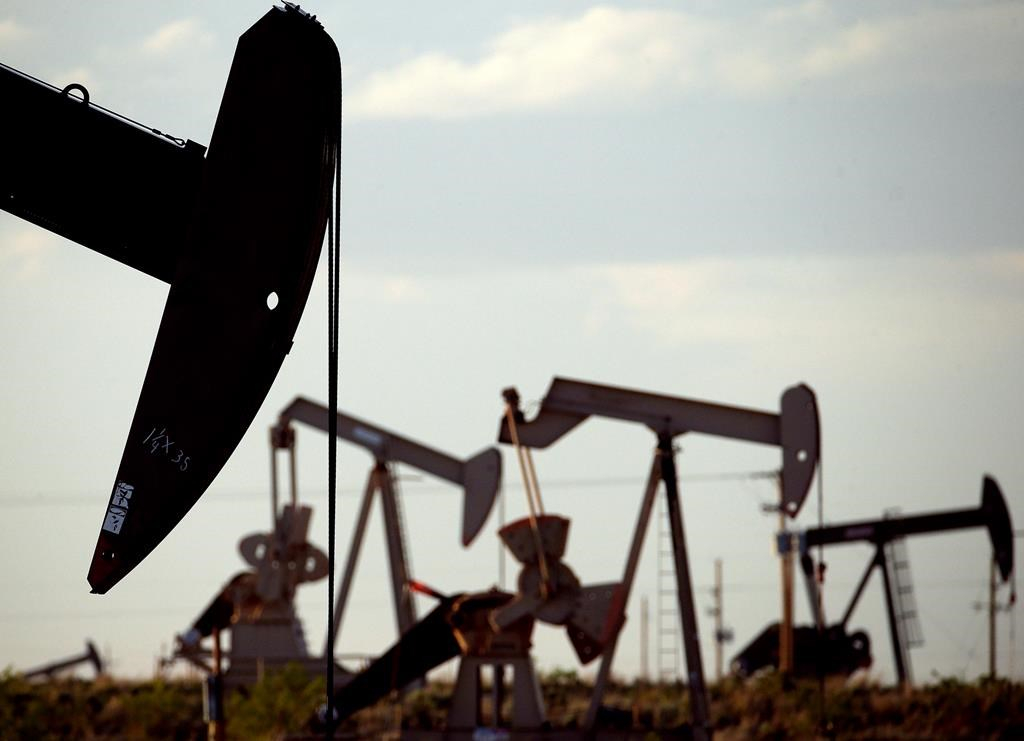Support strong Canadian climate journalism for 2025
A U.S. proposal to ease regulations aimed at cutting methane emissions will create another competitive advantage for American producers over Canadians, the CEO of the Canadian Association of Petroleum Producers says.
On Thursday, the U.S. Environmental Protection Agency said it is following President Donald Trump's directive to remove regulatory burdens on the oil and gas sector by considering rescinding many of its requirements to monitor and plug methane leaks at oil and gas facilities and wells.
The move would reverse regulations put in place after Prime Minister Justin Trudeau and then-U.S. president Barack Obama jointly agreed in 2016 to chop methane emissions by more than 40 per cent from 2012 levels by 2025 by cracking down on the oil and gas sector.
"Prime Minister Trudeau and president Obama on many fronts in the last days of the Obama presidency made common commitments and we see over and over again the U.S. stepping away from those commitments and Canada forging ahead," said CAPP CEO Tim McMillan on Friday.
"If Canada's going to go it alone on carbon pricing, on Arctic drilling moratoriums, on methane regulations, we have to do it efficiently."
The industry can meet its 45 per cent methane emissions reduction target but Ottawa's proposed regulations which are expected to kick in next year are an inefficient solution and duplicate provincial government programs, McMillan said.
But Dale Marshall, national climate change manager for Environmental Defence, said Canada should stay on its path to federally regulate methane emissions even if it means going alone.
"Methane reductions are some of the cheapest ways to address climate change," he said.
"We know we can get to our target for somewhere under $10 a tonne and that is incredibly cheap to address a whole bunch of emissions."
He said provincial methane regulations, especially in Alberta and Saskatchewan, are much weaker than the proposed federal rules.
He added it's better to have one set of regulations to cover all of Canada than to regulate one province at a time.
CAPP has pointed to rising government costs, inefficient regulations and the lack of pipeline infrastructure for hurting Canada's ability to attract capital needed to maintain and grow the energy sector.
U.S. capital spending on oil and gas grew in 2017 by 38 per cent to about $120 billion, while Canadian spending fell to $45 billion, down 19 per cent from 2016 and 46 per cent from 2014, CAPP reported, in part due to U.S. moves to renege on international climate change commitments while streamlining regulations and lowering tax rates.




Comments
So let's all just race to the bottom - and our environment will disappear along with a liveable climate. Way to go, CAPP!
Sorry CAPP, if it weren't for the money would you really think it was a good idea?
What good is a competitive advantage to a dead planet?
To answer my own question I guess to CAPP this is a blatant bid for Canadian taxpayer subsidies so petro plutocrats can wring the last drip of wealth from their (not quickly enough) dying industry.
CAPP might gain some sympathy if they would break ranks and tear into their methane mayhem producing "competitors"!